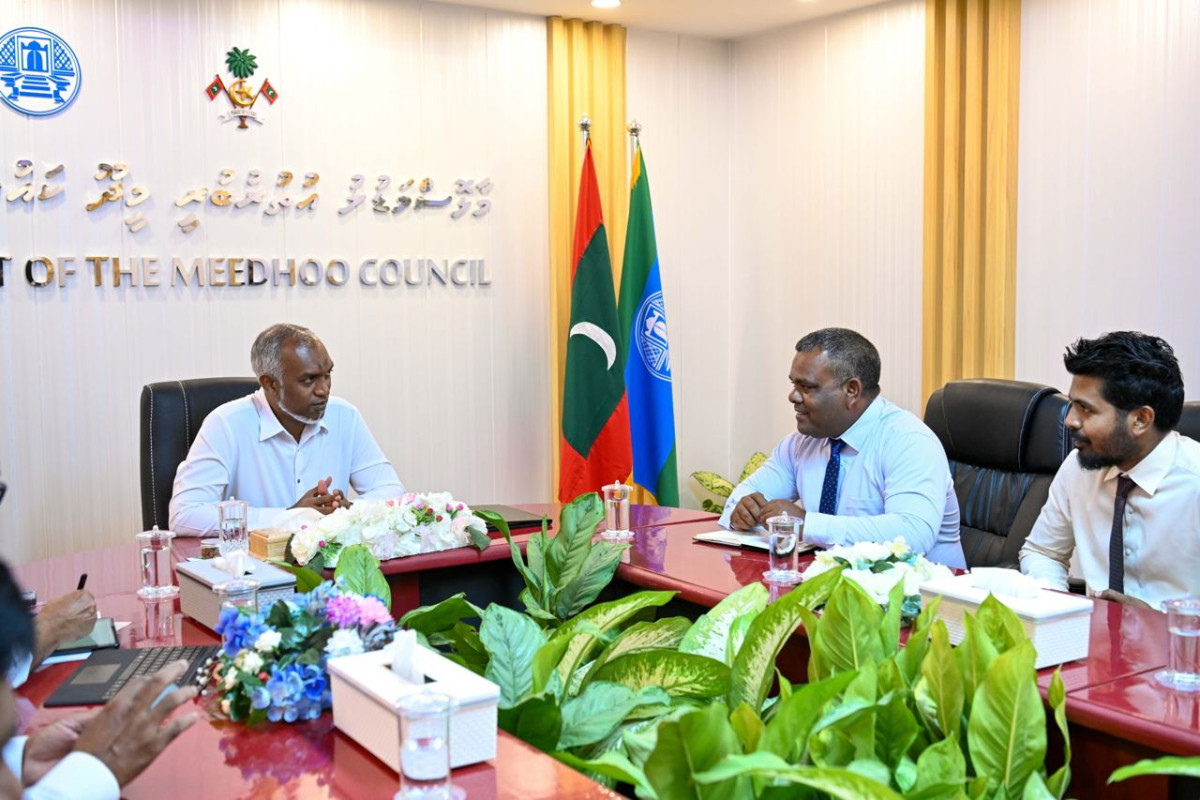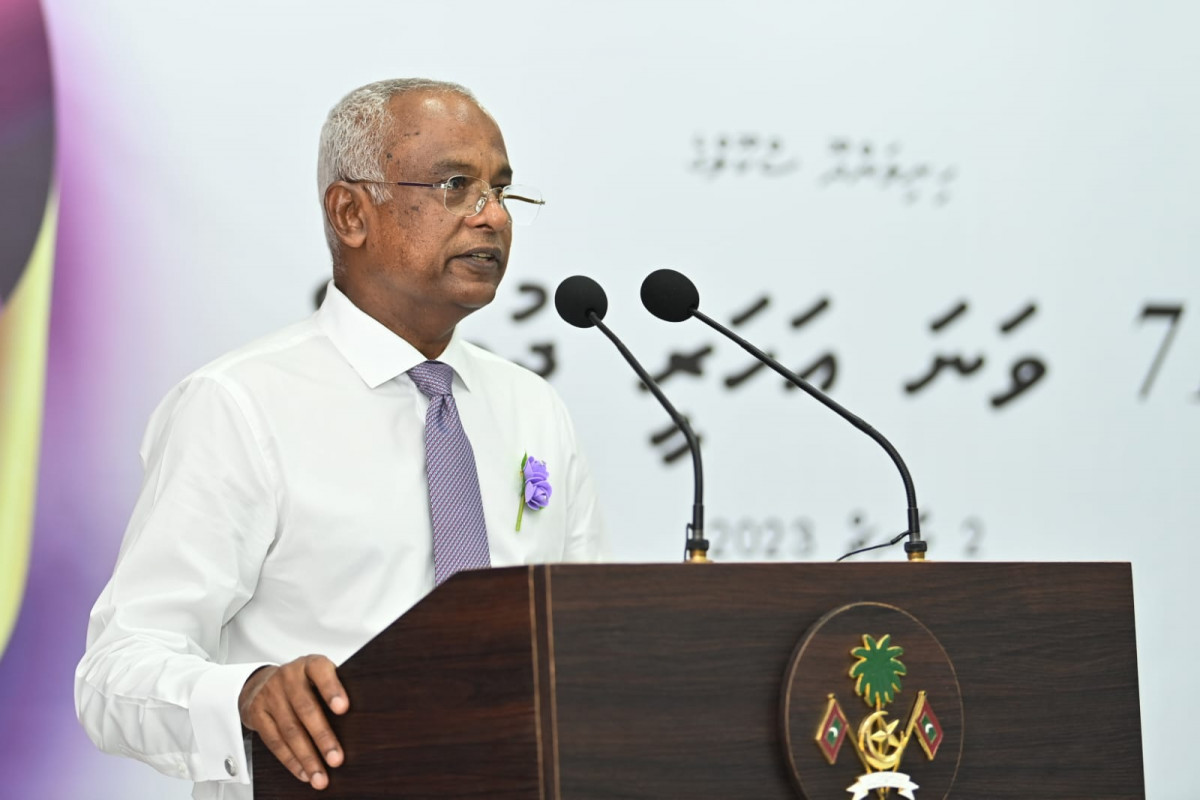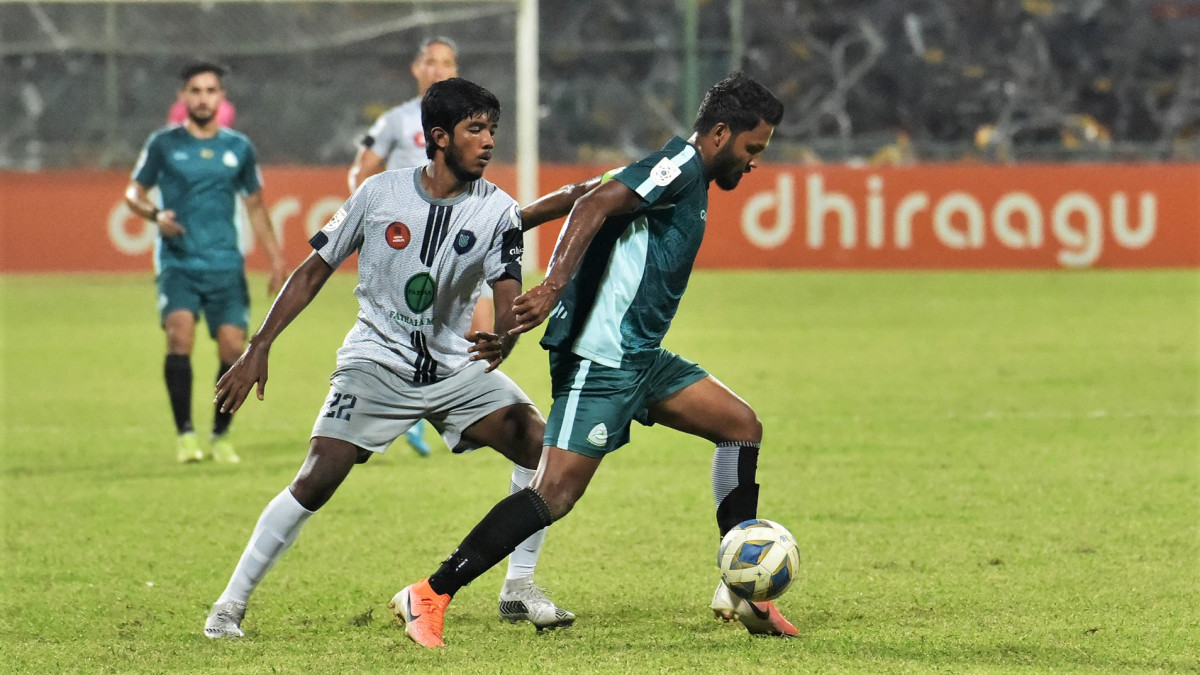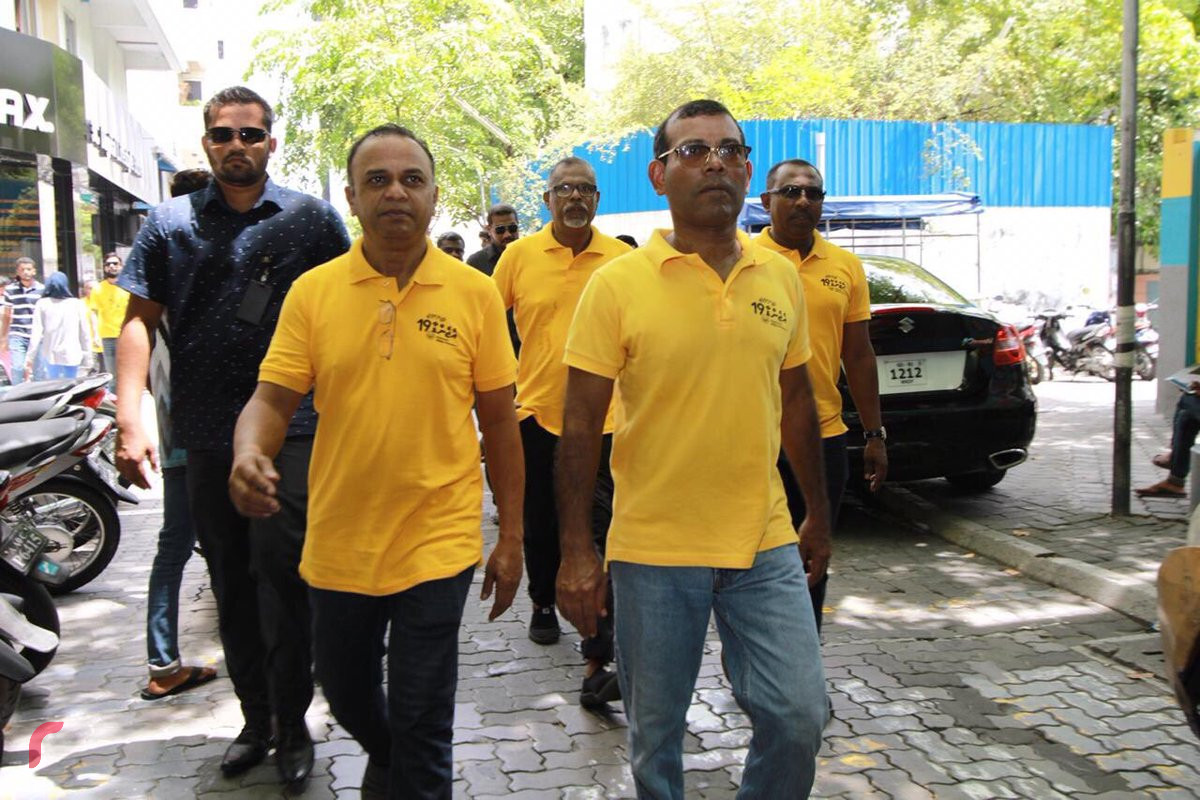Temporary committee appointed to run new state-controlled media commission
CSC appointed a five-member transitional committee to oversee the new Maldives Media and Broadcasting Commission amid criticism of government control

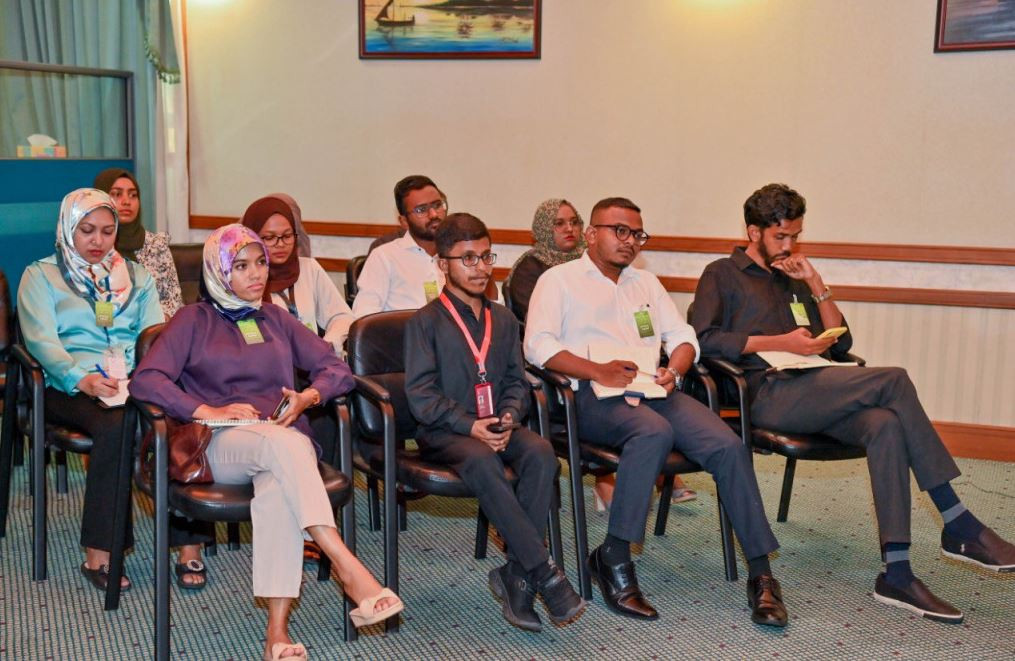
Journalists at a press conference.
The Civil Service Commission (CSC) has appointed a five-member transitional committee to oversee the newly established Maldives Media and Broadcasting Commission, a body widely criticized for placing media under direct government control.
The committee was formed under the controversial Media and Broadcasting Regulation Act, which came into force on 18 September 2025. According to the legislation, until permanent members are appointed, the commission’s duties will be temporarily handled by a CSC-appointed committee with limited authority.
While the transitional committee is authorized to manage administrative functions and process media registration applications, it cannot investigate media-related complaints or take disciplinary action, key enforcement powers that will rest with the permanent commission once formed. The chair and vice-chair of the transitional committee are to be selected through a secret ballot among the five appointees.
The members appointed by CSC include:
- Ali Zaki, Director General, Ministry of Sports
- Imad Mohamed, Chief Corporate Executive, National Archives (Ministry of Youth)
- Aminath Naseer, Director General, Ministry of Islamic Affairs
- Aminath Shahidha, Director General, Ministry of Economic Development
- Ahmed Mausoom, Director General, Ministry of Cities, Local Government and Public Works
The formation of the transitional committee follows the government's ratification of the Media Commission Act, which simultaneously dissolved the Maldives Media Council and the Maldives Broadcasting Commission, two independent entities previously responsible for media oversight.
Until the permanent Media and Broadcasting Commission is in place, the government retains full control over the transitional structure, raising alarms over potential censorship and erosion of media independence.
Under the new law, three of the seven permanent commission members will be appointed by the People's Majlis, while the remaining four will be elected through a secret ballot by media organizations. However, the parliament retains the authority to dismiss all members and appoint the chairperson, consolidating political influence over the body.
The law grants the commission expansive regulatory powers, including oversight of social media content, and the authority to impose significant fines on newspapers, television channels, and other media outlets.
The law has sparked widespread criticism from journalists, media outlets, and international press freedom organizations, who argue that it undermines editorial independence and paves the way for state censorship. Calls for non-compliance have grown louder, with many viewing the law as a direct threat to democratic freedoms and the role of the press in holding power to account.
Despite these concerns, the government continues to push forward with implementation, asserting that the new framework will improve media standards, a claim widely disputed by those within the industry.

